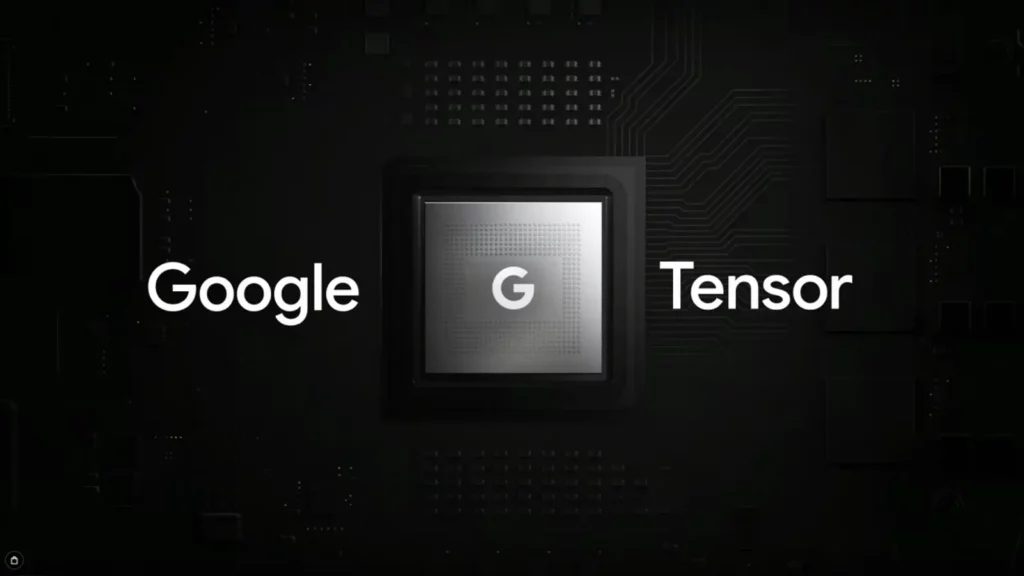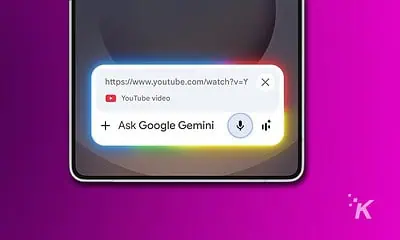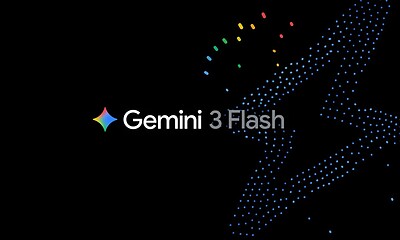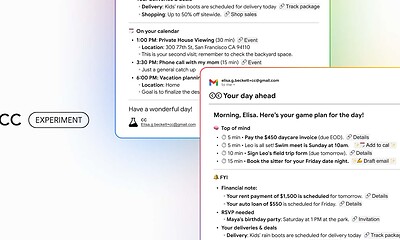Google Pixel 11a and Tablet 3 to have limited AI capabilities
You may not want to have high hopes with the Pixel 11a’s performance.
Just a heads up, if you buy something through our links, we may get a small share of the sale. It’s one of the ways we keep the lights on here. Click here for more.
Google offers A-series Pixel phones as a more affordable alternative to its flagship line of smartphones.
However, with little difference between the A-series and the premium offerings, Google is considering re-strategising the lineup with the upcoming Pixel 9a.
It may be looking at offering watered-down specs compared to the other Pixel 9 family members.
Now, a new report from Android Authority suggests that Google will continue this trend with the Pixel 11a, which is scheduled for 2027.
The device will pack the same Tensor G6 chip that will power the rumored Pixel Tablet 3, but it won’t be as capable as the flagship Pixels.
Pixel 11a and Tablet 3 could feature inferior Tensor chips than premium Pixels

Google is reportedly shifting to a two-year release cycle for its Pixel tablets, with the Pixel Tablet 2 expected in 2025 and the Pixel Tablet 3 in 2027.
Alongside the Tablet 3, the budget-friendly Pixel 11a is also planned for a 2027 launch.
Both devices are expected to use Google’s Tensor G6 chip, although they may have downgraded versions compared to the flagship Pixels.
To differentiate the performance levels, Google is considering a cost-saving measure for the Pixel 11a and Pixel Tablet 3 by using Tensor chips with “fused-off” TPU (Tensor Processing Unit) components, which would normally be discarded as defective.
This approach would reduce the AI capabilities of these devices, resulting in potentially noticeable performance differences and limiting some advanced features available on flagship models.
The trend of using cost-saving components in the A-series could continue, as seen with the Pixel 9a, which uses a downgraded modem compared to its flagship Pixel 9 counterparts.
This cost-focused strategy may define future A-series devices to keep them affordable while making distinct trade-offs in performance.
However, since these devices are still years away from development, Google could significantly change its plans before their release.
What are your thoughts on this decision from Google? Would you be okay with less AI and performance with budget devices? We would love for you to share your thoughts below in the comments, or via our Twitter or Facebook.



























